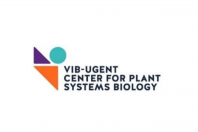The potential of genome editing for sustainable African agriculture

The potential of Genome editing for sustainable African agriculture
Innovations and their integration into farming practices have always been vital for agriculture and food production. Breeding new plant varieties is not a simple nor a rapid process. Genome editing is a transformative innovation for improved breeding accuracy, allowing scientists to make targeted genetic changes.
Only a few commercialized genome-edited products have yet reached the market, making it challenging to quantify the economic, environmental and nutritional benefits. However, since genome editing technologies are an evolution of existing mutagenesis and GM ( genetically modified) plant breeding technologies, they can be expected to further the benefits already observed and quantified with earlier technologies.
Furthermore, genome editing may overcome previous limitations of GM technologies. Indeed, it could probably allow more easily the improvement of existing local and regional crop varieties that both farmers and consumers are familiar with, rather than working on introducing new crop varieties into a region. Genome editing technologies can be seamlessly applied to existing development research programs, especially in Africa and the global South.
Nuggets
Green enlightenment is based on knowledge of matter and mind. ~ Em. Prof. Marc van Montagu
There will be a need to differentiate gene editing technology from GMO technologies to avoid carrying the same controversies and losing the potential benefits ~ Dr Florence Wambugu.











